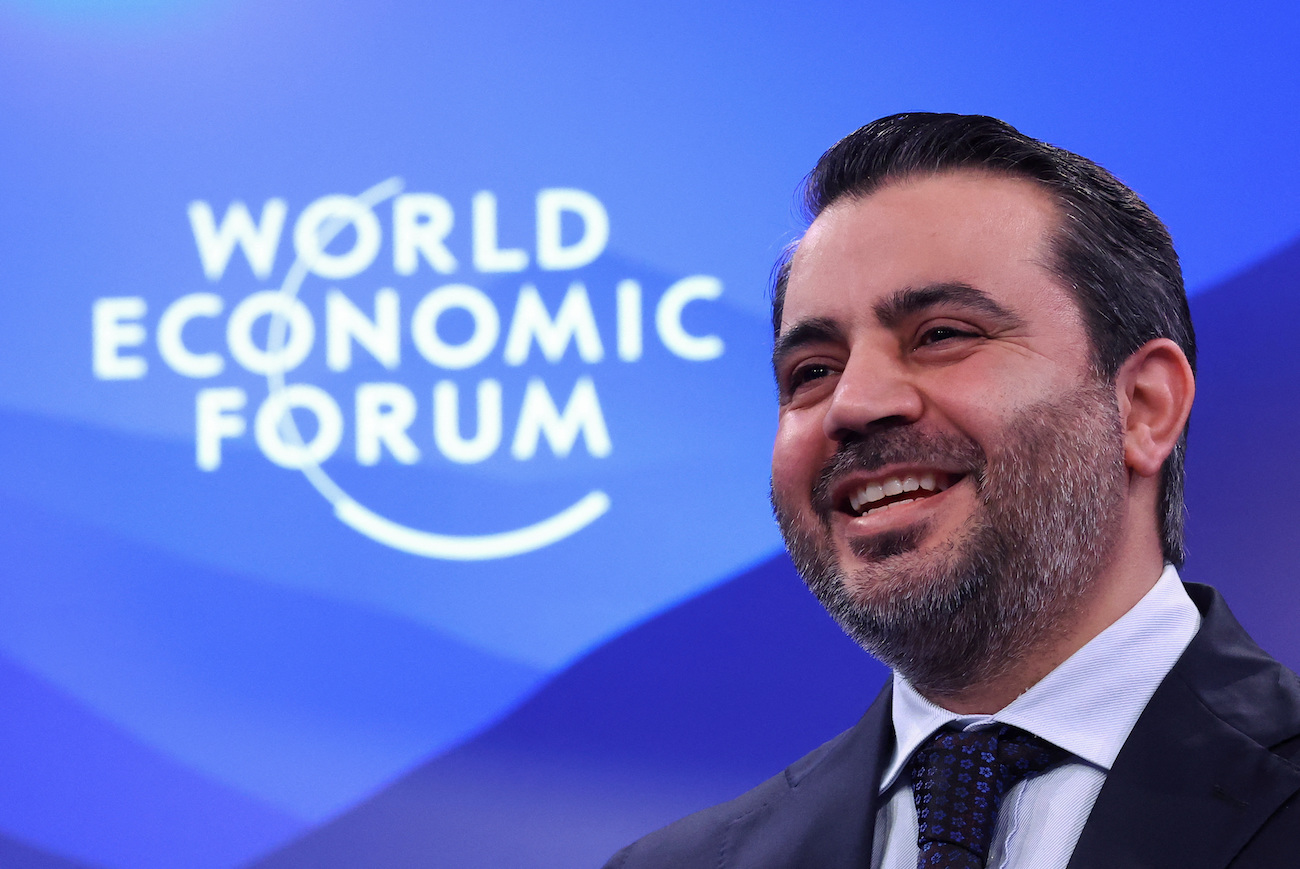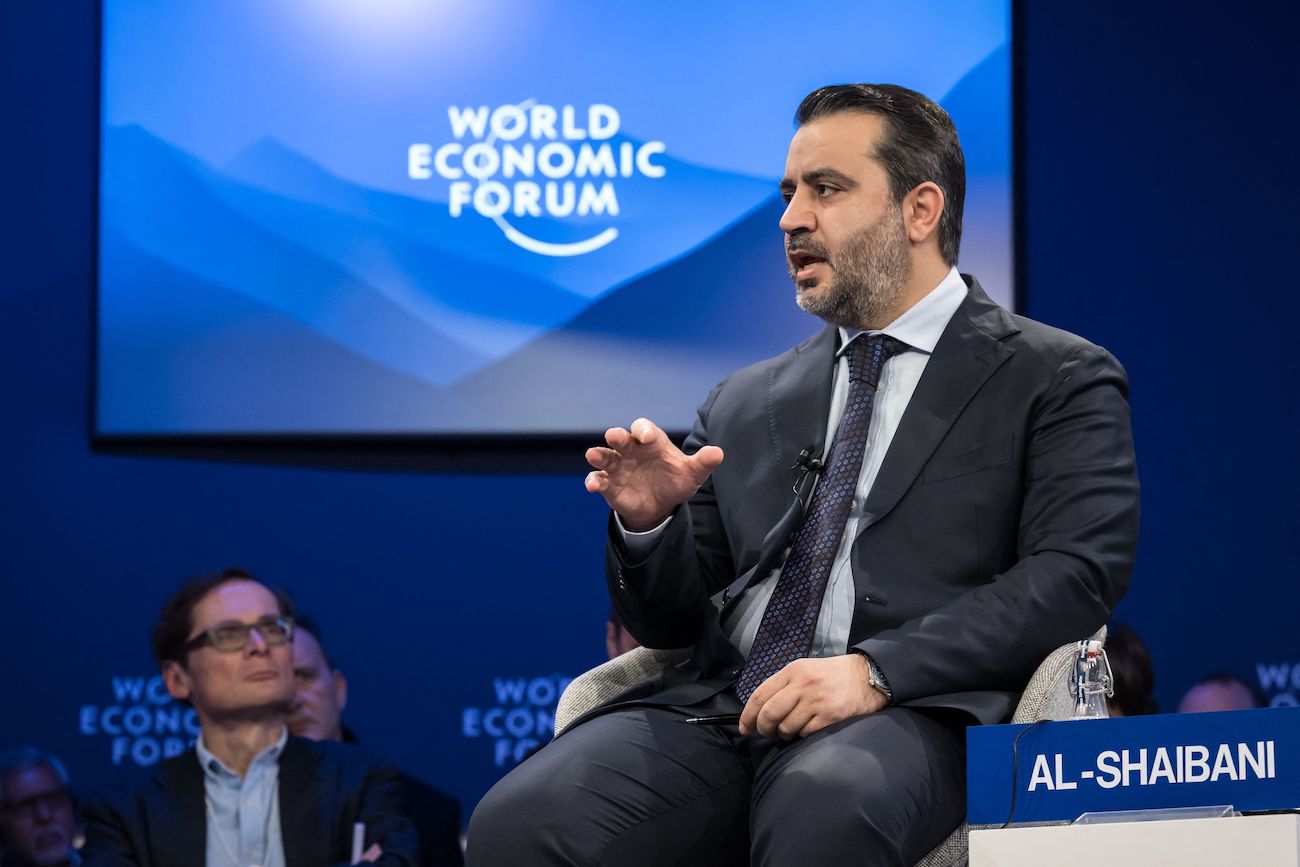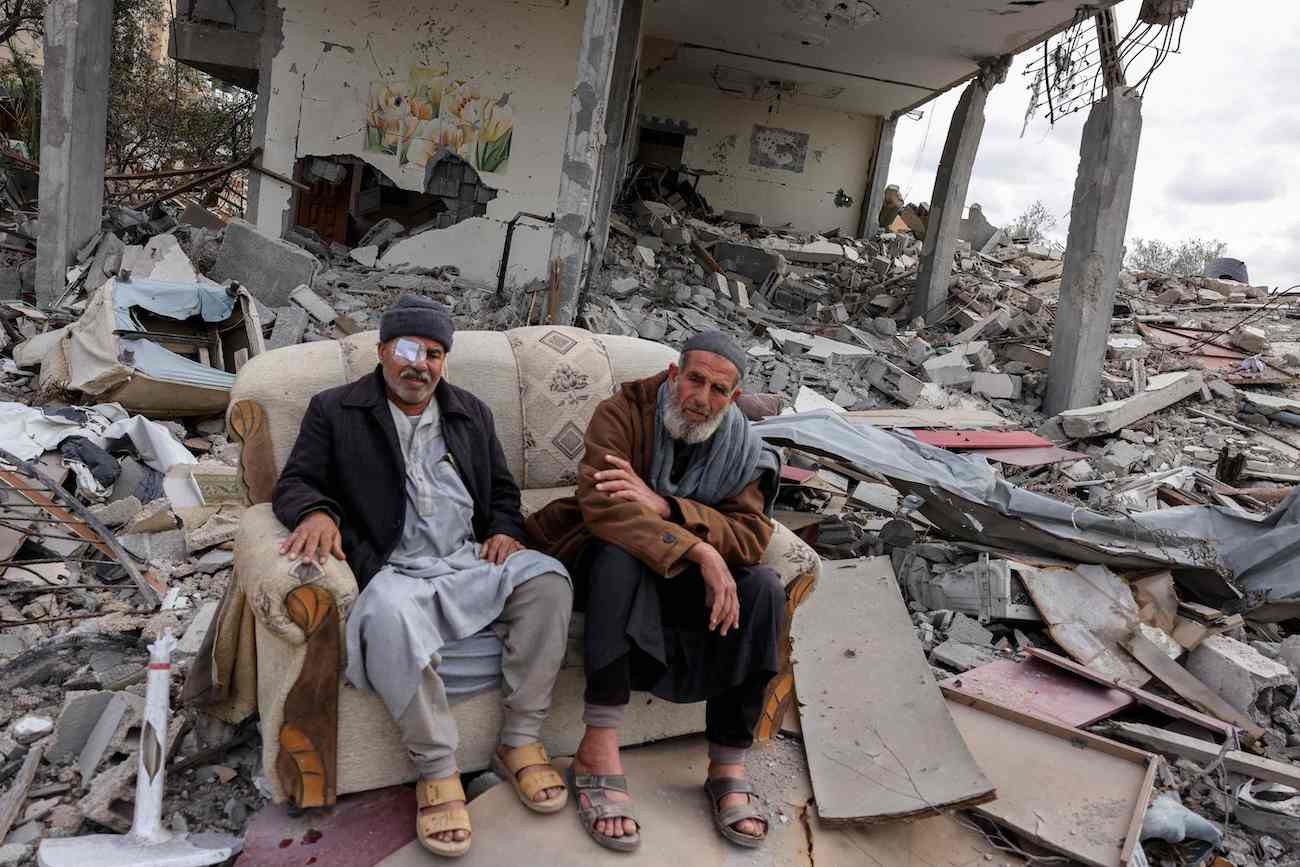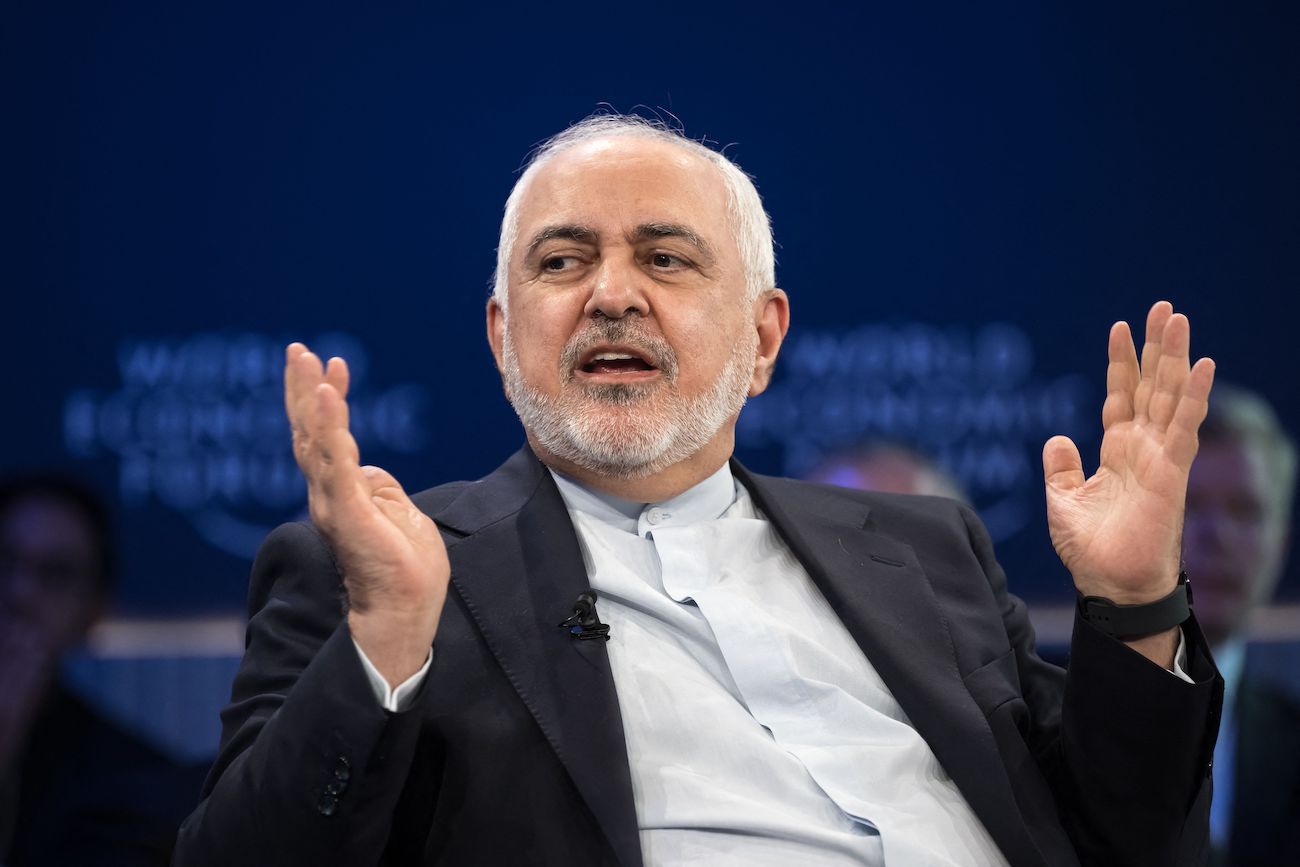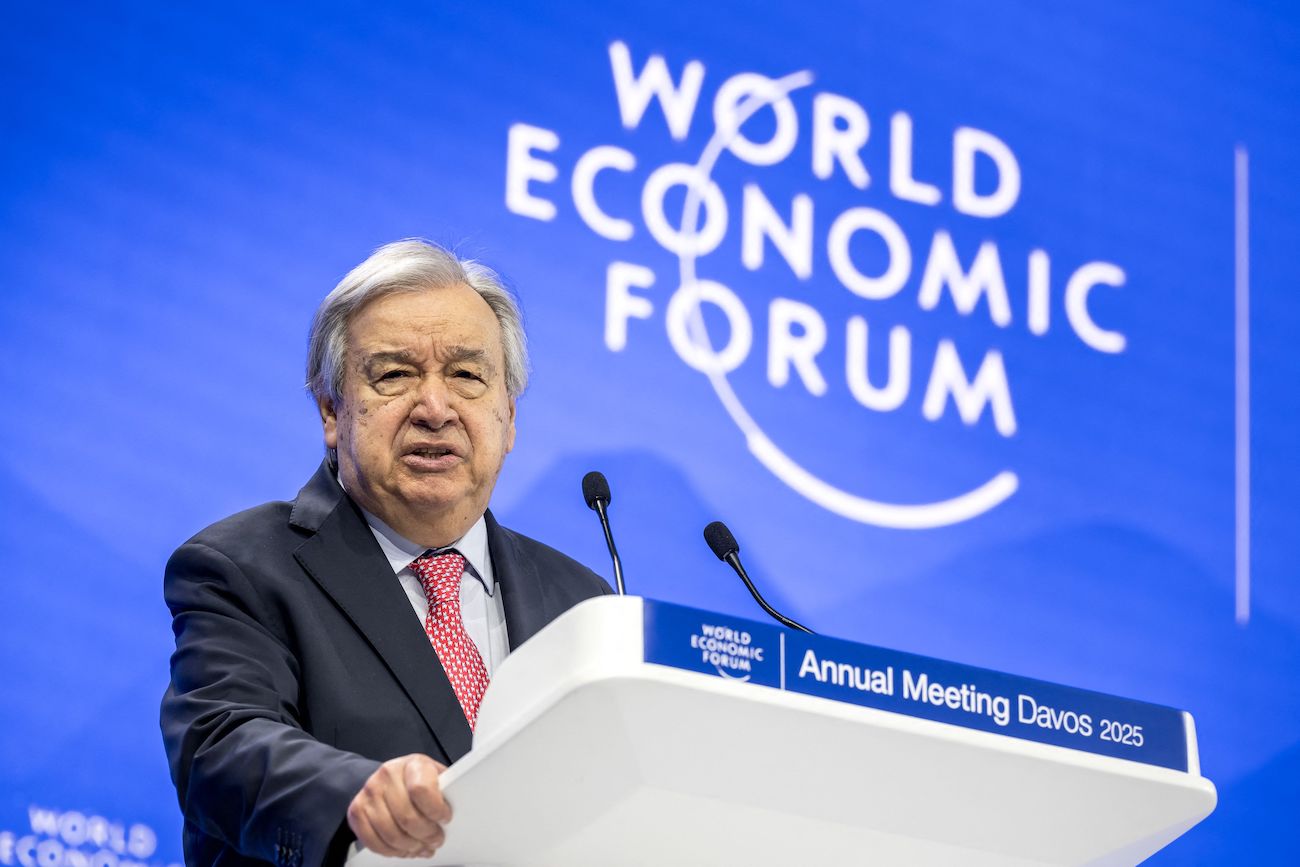DOHA/CAIRO: Gaza ceasefire talks in Doha paused on Friday with negotiators to meet again next week seeking an agreement to end fighting between Israel and Hamas and free remaining hostages, as US President Joe Biden said “we’re not there yet.”
In a joint statement, the US, Qatar and Egypt said Washington had presented a new proposal that built on points of agreement over the past week, closing gaps in a way that could allow rapid implementation of a deal.
Mediators would keep working on the proposal, they said.
“The path is now set for that outcome, saving lives, bringing relief to the people of Gaza, and de-escalating regional tensions,” they said in the statement.
The latest round in months of talks to end the war in Gaza, which has killed tens of thousands of Palestinians, began between Israel and mediators on Thursday. Palestinian militant group Hamas was not directly involved but was kept briefed on progress.
A senior Hamas official, Izzat Al-Rishq, told Reuters Israel “did not abide by what was agreed upon” in earlier talks, citing what mediators had told them.
In Washington, Biden said a deal was “much, much closer” than before the talks began.
“I don’t want to jinx anything ... we may have something. But we’re not there yet,” he said.
Sticking points have included Israel’s insistence that peace will only be possible if Hamas is destroyed, and Hamas saying it will only accept a permanent, rather than temporary, ceasefire.
Other difficulties have included sequencing of a deal, the number and identity of Palestinian prisoners to be released alongside Israeli hostages, control over the border between Gaza and Egypt, and free movement for Palestinians inside Gaza.
A senior Biden administration official said the latest negotiations in Doha were the most productive in months, and negotiators will reconvene next week in Cairo hoping to conclude.
The official added that Washington put forward on Friday a bridging proposal closing most gaps between the parties.
“It was consensus of all of the participants over the past 48 hours that there’s really a new spirit here to drive it to a conclusion,” the official told reporters on the condition of anonymity.
“The Israeli team that was here was empowered...We made a lot of progress in the number of issues that we’ve been working on,” the official said.
An Israeli official said its delegation in Doha was heading home later on Friday and Israeli Prime Minister Benjamin Netanyahu was expected to meet US Secretary of State Antony Blinken on Monday.
Blinken will travel to Israel on Saturday “to continue intensive diplomatic efforts to conclude the agreement for a ceasefire and release of hostages and detainees,” State Department deputy spokesperson Vedant Patel said in a statement.
On Friday, Israeli forces pounded targets across tiny, crowded Gaza and issued new orders for people to leave areas it had previously designated as civilian safe zones, saying Hamas had used them to fire mortars and rockets at Israel.
As hundreds of families fled with salvaged belongings, the United Nations called for a week-long pause in fighting for a polio-vaccination campaign with disease spreading among the displaced.
The Palestinian health ministry said in a statement it has detected the first confirmed case of polio in the Gaza strip in the city of Deir Al-Balah for a 10-month-old baby who had not received any polio vaccination dose.
The conflict began on Oct. 7 when Hamas fighters rampaged into Israel, killing around 1,200 people and seizing around 250 hostages according to Israeli tallies.
Israel’s military campaign has reduced much of Gaza to rubble and killed more than 40,000 Palestinians, mostly civilians, according to Palestinian health authorities. Israel says it has eliminated 17,000 Hamas fighters.
REGIONAL FEARS
In a statement late on Thursday, Hamas politburo member Hossam Badran said Israel’s continuing operations were an obstacle to progress on a ceasefire.
The Israeli delegation included spy chief David Barnea, head of the domestic security service Ronen Bar and the military’s hostages chief Nitzan Alon, defense officials said.
The White House sent CIA Director Bill Burns and US Middle East envoy Brett McGurk. Qatari Prime Minister Sheikh Mohammed bin Abdulrahman Al Thani and Egypt’s intelligence chief Abbas Kamel were also taking part.
Negotiations took place in the shadow of a feared regional escalation, with Iran threatening to retaliate against Israel after the assassination of Hamas leader Ismail Haniyeh in Tehran on July 31.
With US warships, submarines and warplanes dispatched to the region to defend Israel and deter potential attackers, Washington hopes a ceasefire agreement in Gaza can defuse the risk of a wider war.
Asked on Friday if Iran would continue to hold off on retaliating against Israel now that the ceasefire talks had been extended, Iran’s mission to the UN in New York said “We hope so.”
The senior Biden administration official said Washington warned Tehran against conducting a major missile attack against Israel, “because the consequences could be quite cataclysmic, particularly for Iran.”














